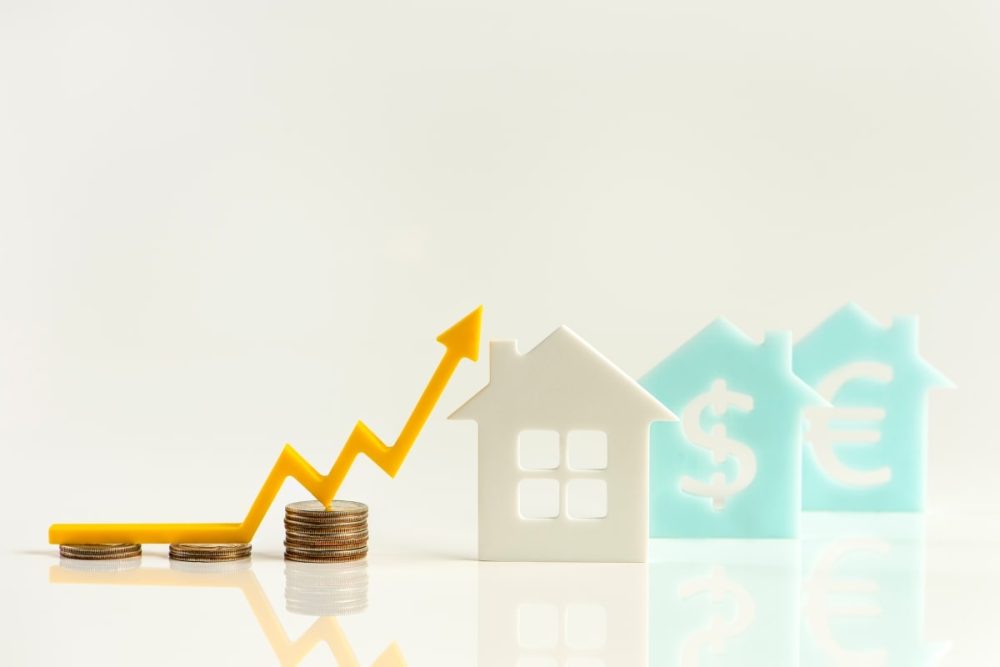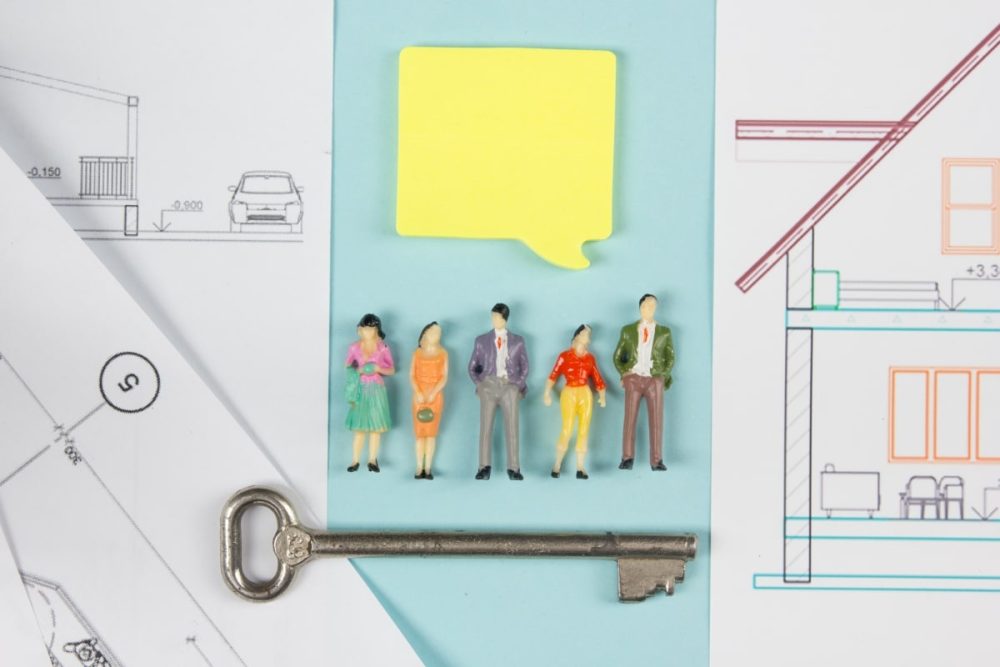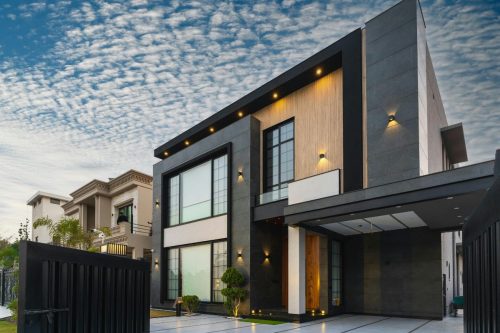If you’re wondering exactly what questions to ask when buying a house in Australia, you’re certainly not alone. Buying a house is a complex process full of many challenges. The road ahead is rarely straightforward and useful information can be hard to come by. More than any other transaction you make, buying a house will affect your financial health and lifestyle for years to come. To make sure you get it right, it’s important for first-time buyers to ask the right questions.
In this comprehensive guide, we offer a fantastic insight into the home-buying process. From finances and property requirements to house inspections and compliance, the following questions will put you on the road to property success.

Home buyers: Questions to ask when buying a house
There are probably more than 100 questions to ask yourself before buying a house, but the following 32 are a great place to start:
Financial readiness and budgeting
Before you even think about house hunting, you need to review your finances. This will impact every decision you make, so it’s important to be accurate and thorough. While no one has a crystal ball, you need to forecast future income, housing costs, and lifestyle expenses to create a working budget.
Be upbeat but conservative in your estimates, learn all about interest rates, and be honest about how much you can afford. If you’re buying your first home, tools such as payment calculators are available to make this process easier.
1. What’s my housing budget?
2. How much should I save for a deposit?
3. How much are closing costs?
Property wish list vs requirements
Once the finances have been dealt with, you can start thinking about your potential new home. What are you looking for in a house? How much can you afford? And are your needs likely to change in the future? Answering these questions often involves compromise, so think about what you need and how it’s different from what you want.
4. Does the property have enough space for my needs?
5. Will the house need renovations or upgrades?
6. How much upkeep will the property require?
7. How will I furnish and decorate the house?

Location and lifestyle
Location is fundamental, as it impacts everything from initial cost to future value and lifestyle. It’s important to look at the location on every scale, from the state and city to the suburb and street. If you plan on living in the house, how will the property affect your lifestyle on a day-to-day basis? Is it on a busy street? If it’s an investment property, how can you appeal to tenants and future buyers?
8. What is the orientation of the house?
9. How safe is the surrounding area?
10. Is the property close to my workplace?
11. Is the property located near public transport and schools?

Long-term considerations
Property is not an impulse purchase. You need to think about your medium and long-term goals. What are you trying to achieve from this purchase? Are you willing to make sacrifices to your lifestyle? What kind of homeowner do you want to become? Whether you’re looking to buy a second home, generate rental income, or grow capital over time, these specific questions will influence your decision.
12. What are the long-term goals for my property investment?
13. Will this property fit into my lifestyle over the next 5-10 years?
14. Is there room for expansion or remodelling in the future?
Real estate agent: Questions to ask when buying a house
Asking questions to yourself is rarely enough. Real estate professionals can offer valuable insights and advice into the homebuying process.
Market value of the property
Each house comes with its own unique story. Experienced real estate agents know how to uncover the history of the property and its previous owners. With property report data at your disposal, you can compare houses and negotiate with more confidence. Real estate agents can provide you with an accurate picture of each property and its position in the neighbourhood.
15. How long has the house been on the market?
16. Can you provide a recent sales report to indicate the house’s value?
17. Why do the owners want to sell the property?

Property condition and home inspection
Regardless of age or location, each property presents buyers with challenges and opportunities. To understand the true market value of each house, it’s important to analyse its condition. Broad historical data can only tell you so much; you need to carry out a thorough inspection of the property. Real estate agents offer property appraisals, and they also have working relationships with property inspectors.
18. What is the age of the property?
19. What appliances and fixtures come with the home?
20. Are any visible repairs needed?
Financial assessment
Each property purchase should be analysed with a fine-toothed comb. You may be buying a new home for your family, but emotions need to be put aside. A detailed financial assessment looks into every aspect of the house, from upfront costs of buying a house to future expenses. When you analyse property costs against potential income and capital growth, you’re likely to make a better decision.
21. How much are the council rates and any other ongoing costs?
22. What’s the potential rental yield?
Legal and compliance checks
Depending on the jurisdiction, there are numerous legal and compliance issues associated with property purchases. When you connect with an experienced real estate agent in your area, you can learn more about individual properties and relevant regulations. For a reliable compliance review, you need someone with local knowledge and market expertise.
23. Are there any restrictions, easements, and covenants on the title?
24. Are there any zoning issues or land use restrictions?
25. Are there any known issues with the property, land, or neighbouring properties?

Future value and investment potential
Property values go up and down all the time, but they also follow long-term trends. To find the right house, it’s important to understand the cost of each property against surrounding suburb market reports. An experienced real estate agent can help you balance the cost of buying a property with its future income and growth potential.
26. How much have other houses in the area sold for recently?
27. What’s the expected growth rate in the area?
28. What’s the suburb profile like, and how has it changed over time?
29. Are there any planned infrastructure or developments that could affect property values?
Negotiating and finalising the contract
Before you even think about signing on the dotted line, it’s vital to negotiate the purchase price. There are lots of things to consider during the final stages of a property deal, and they’re not always obvious. During this stressful time, you need a real estate expert fighting in your corner. The negotiation phase can have a huge influence on the final price, so it pays to be prepared.
30. What’s the sales history of the area?
31. What is the asking price?
32. Are the sellers open to negotiating on the price?
Step confidently into your new home
Buying a house is never straightforward. Numerous questions arise throughout the process, both before and during the sale. From finances and compliance issues to property values and lifestyle considerations, it’s important to seek the advice of a professional real estate agent.
At HKY Real Estate, we can help you navigate the complexities of the property market. From market research and sales appraisals to selling your house and negotiation, our experienced team will help you move forward with confidence and clarity. We offer a range of real estate services, including listing properties, managing home open days, and delivering suburb and property reports.
If you want personalised advice delivered by a trusted Perth team, contact HKY today. With our support, you can make your property dreams come true.
Have more questions?



